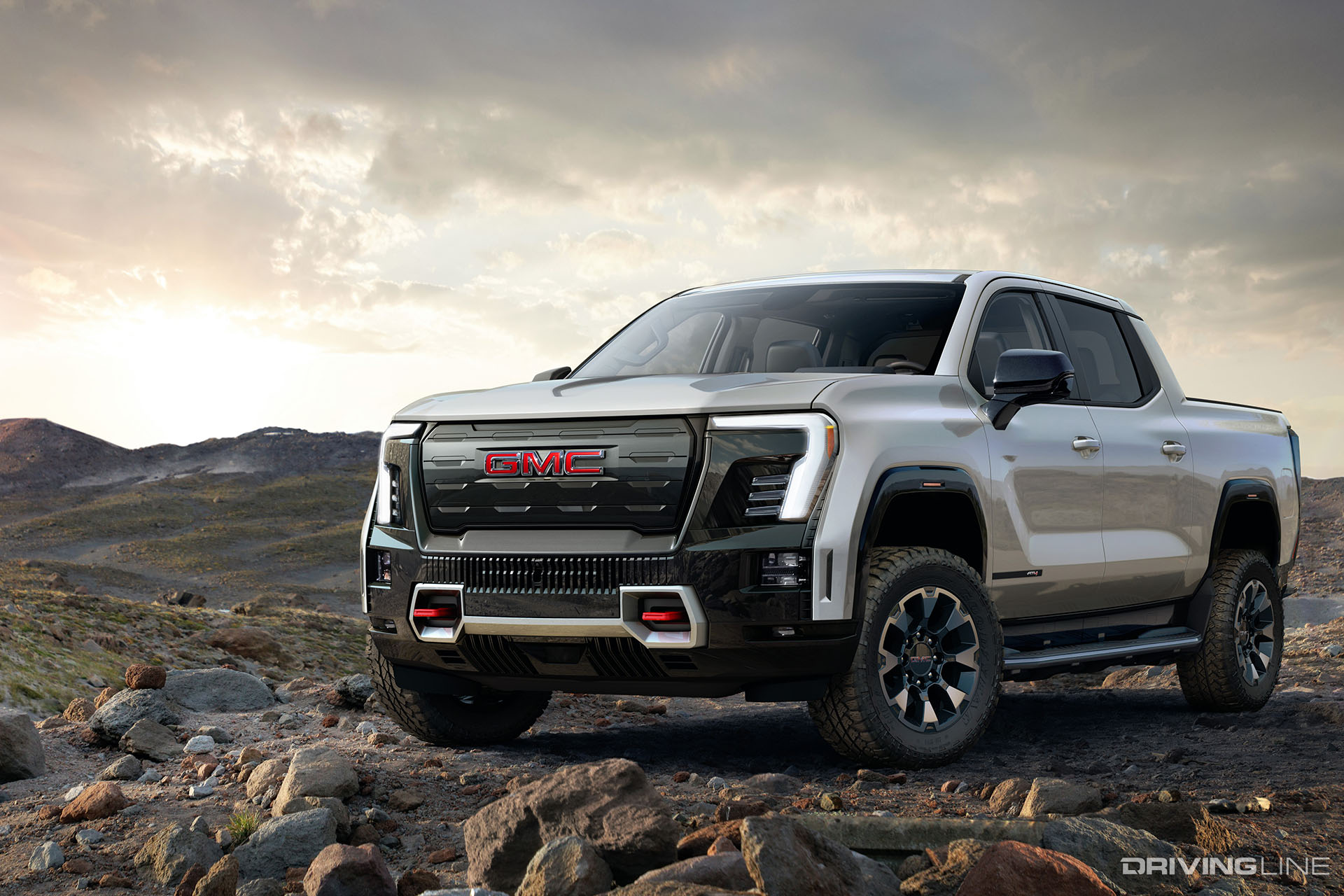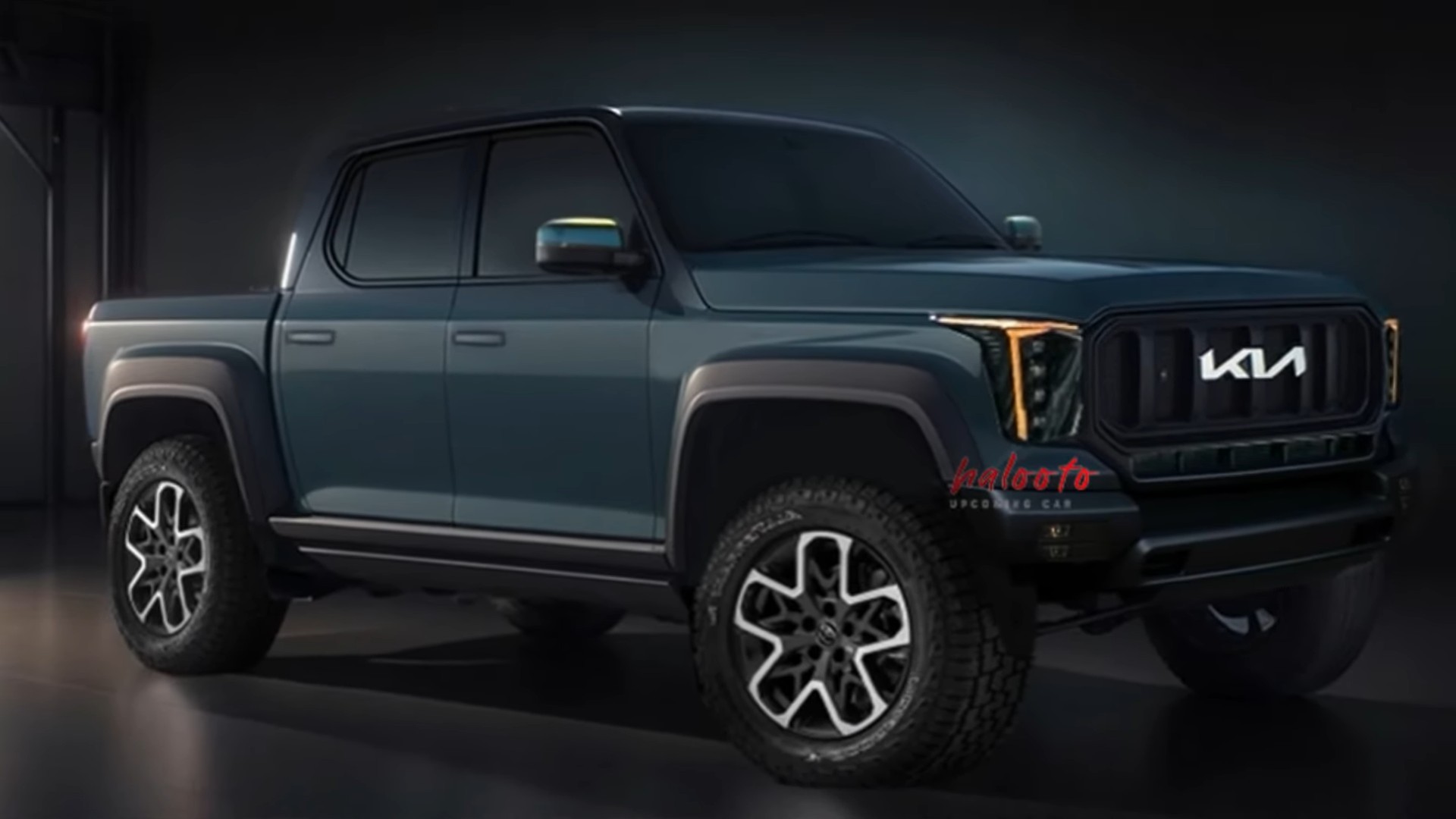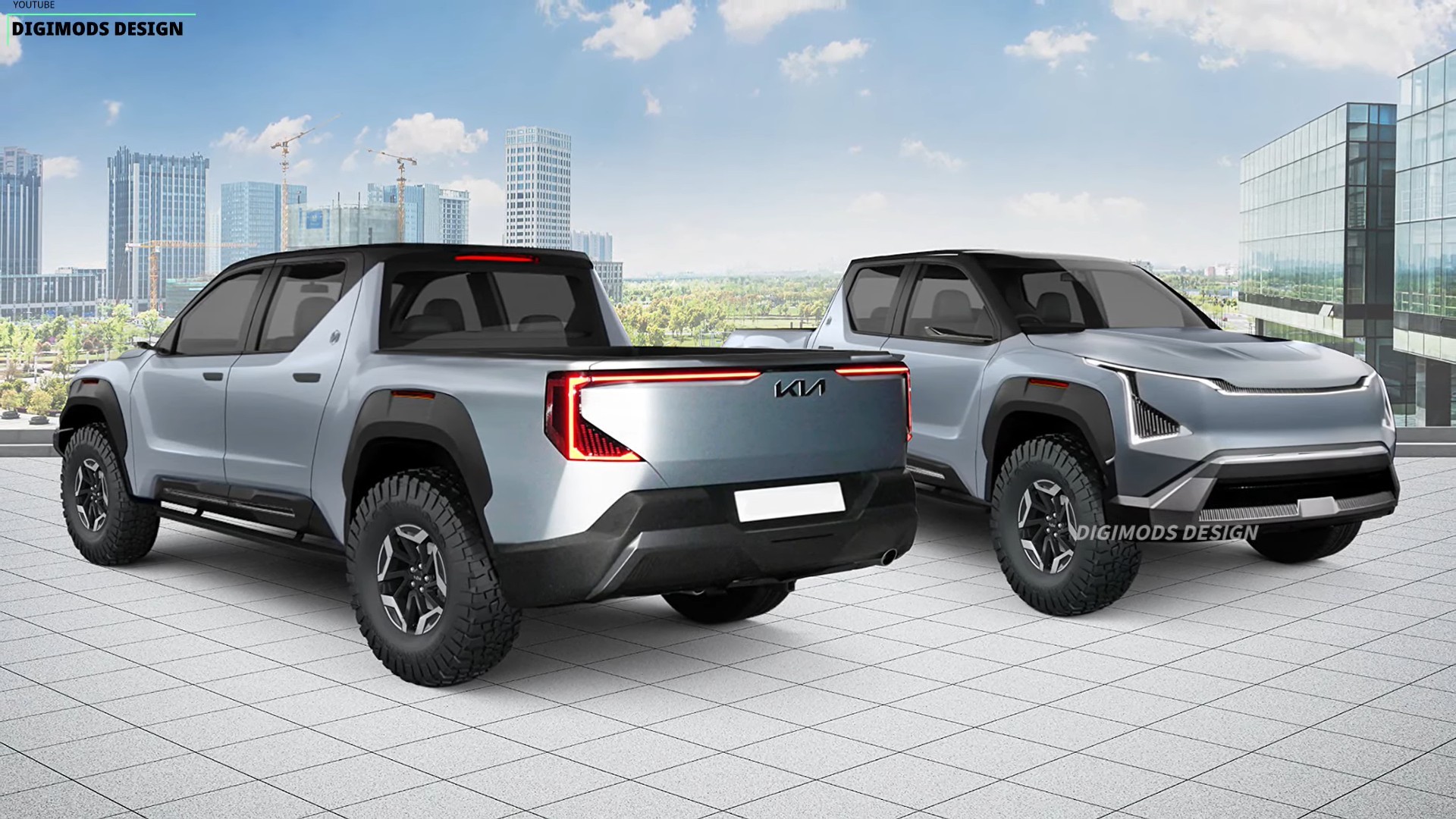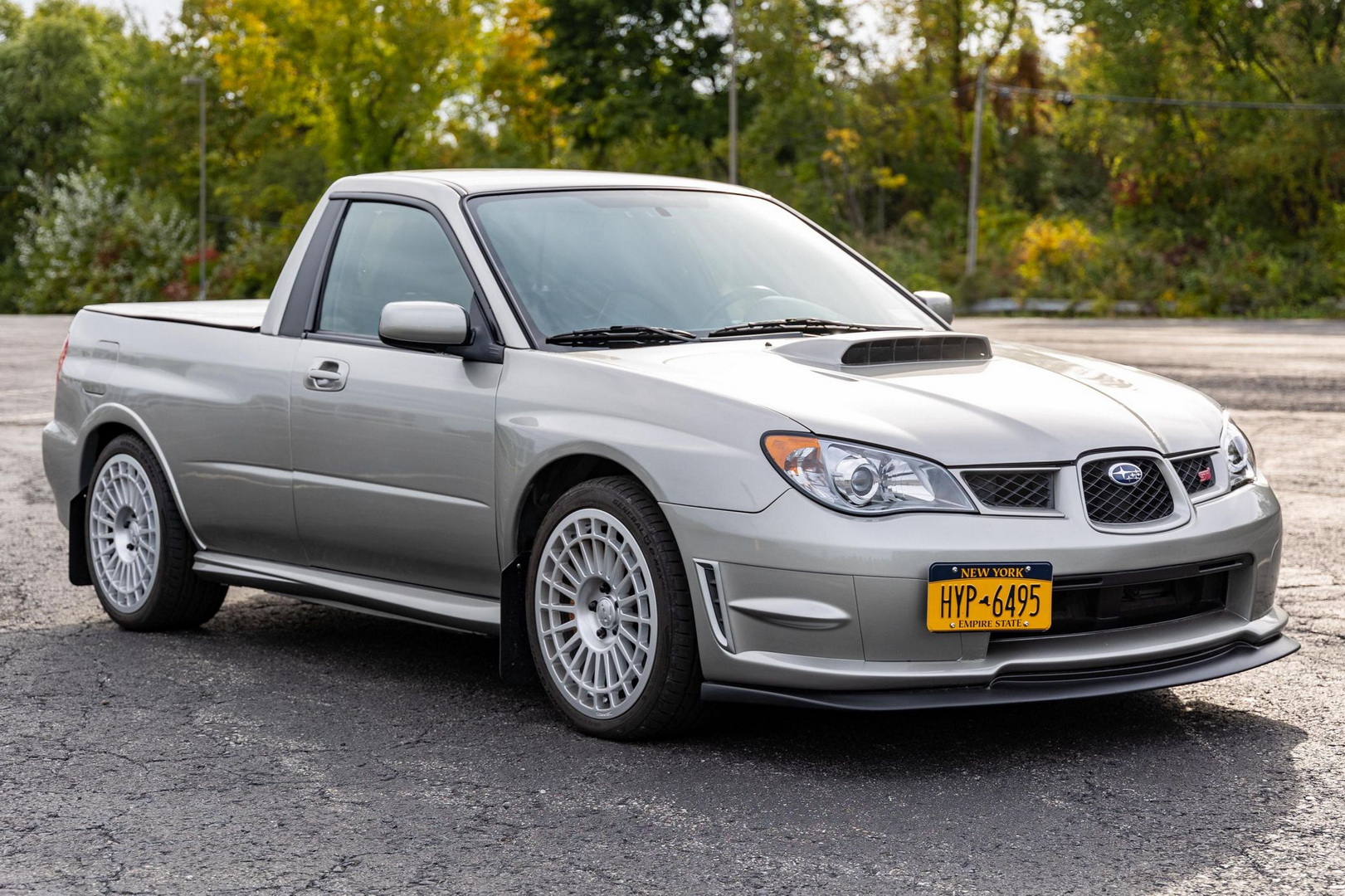Pickup Trucks Comparison: Navigating the World of Versatility and Power pickup.truckstrend.com
The pickup truck market is a dynamic and ever-evolving landscape, offering an incredible array of options that cater to virtually every need, from rugged job site performance to comfortable family hauling and adventurous off-roading. For anyone considering purchasing one, a comprehensive pickup trucks comparison is not just helpful—it’s absolutely essential. With significant financial investment involved and a vast range of features and capabilities, understanding the nuances between models can mean the difference between buying the perfect vehicle for your lifestyle and regretting a costly mismatch. This guide aims to provide a detailed comparison framework, empowering you to make an informed decision in the complex world of pickup trucks.
The Importance of a Thorough Pickup Trucks Comparison
Pickup Trucks Comparison: Navigating the World of Versatility and Power
At its core, a pickup trucks comparison involves evaluating different models against a set of predefined criteria to determine which best fits specific requirements. This process is crucial because no single truck is universally "the best." What excels for heavy-duty towing might be overkill for daily urban commutes, and what’s perfect for off-road trails might lack the interior refinement desired by a family.
The market offers a spectrum from compact, fuel-efficient trucks to massive, heavy-duty workhorses and increasingly, electric powerhouses. Understanding their differences in performance, features, cost, and utility is paramount. A good comparison ensures you’re not overpaying for capabilities you don’t need or, worse, underbuying and finding your truck inadequate for your tasks.
Key Aspects for Comprehensive Pickup Trucks Comparison
To conduct an effective pickup trucks comparison, it’s vital to break down the vehicles into their core components and evaluate each aspect based on your priorities.
1. Engine & Performance
This is the heart of any truck.
- Horsepower (HP) & Torque (lb-ft): Horsepower relates to speed, while torque is crucial for pulling power and acceleration, especially under load. For towing and hauling, higher torque is generally more beneficial.
- Fuel Efficiency (MPG): A significant factor for daily drivers, especially with fluctuating fuel prices. Diesel engines often offer better fuel economy and more torque than gasoline counterparts, but come with a higher upfront cost.
- Towing & Payload Capacity: These are often the primary reasons for buying a truck. Ensure the truck’s rated capacities exceed your maximum anticipated load.
- Transmission: Modern trucks offer advanced automatic transmissions (8-speed, 10-speed) for smooth power delivery and efficiency.

2. Cabin & Interior

Beyond just getting from A to B, the cabin is where you’ll spend most of your time.
- Cab Configurations:
- Regular Cab: Two doors, single row of seats, maximum bed length for a given wheelbase. Best for work.
- Extended Cab (or Quad Cab/Double Cab): Smaller rear doors, limited rear seating space, often suitable for occasional rear passengers or extra storage.
- Crew Cab (or SuperCrew/CrewMax): Four full-sized doors, spacious rear seating comparable to an SUV. Ideal for families or crews.

- Comfort & Materials: Seating comfort, quality of materials (cloth, leather), noise insulation, and overall fit-and-finish contribute to the driving experience.
- Infotainment & Connectivity: Touchscreen size, Apple CarPlay/Android Auto integration, navigation, USB ports, wireless charging, and Wi-Fi hotspots are modern necessities for many.
- Storage Solutions: Under-seat storage, large center consoles, and innovative cubbies enhance practicality.
3. Bed & Cargo Management
The truck bed is its defining feature.
- Bed Lengths: Common options include short (5.5 ft), standard (6.5 ft), and long (8 ft). Shorter beds are easier to maneuver, while longer beds offer maximum cargo capacity.
- Payload Capacity: The maximum weight a truck can carry in its bed, including passengers and cargo.
- Bed Features: Spray-in bedliners, LED bed lighting, tie-down points, power outlets (120V), and innovative tailgates (e.g., Ram’s Multi-Function Tailgate, GM’s MultiPro Tailgate) significantly enhance utility.
4. Drivetrain & Off-Road Capability
How and where you drive your truck matters.
- 2WD vs. 4WD: Two-wheel drive (2WD) is lighter, more fuel-efficient, and cheaper, suitable for paved roads. Four-wheel drive (4WD) is essential for off-roading, snow, mud, or challenging terrain.
- Ground Clearance & Suspension: Important for navigating rough terrain. Off-road packages (e.g., Ford FX4, Chevy Z71, Ram Rebel, Toyota TRD Pro) include enhanced suspensions, skid plates, and all-terrain tires.
- Differential Locks: Improve traction in slippery conditions by ensuring power goes to all wheels.
5. Safety & Technology
Modern trucks are packed with advanced features.
- Driver-Assistance Systems: Adaptive cruise control, lane-keeping assist, blind-spot monitoring, forward collision warning, and automatic emergency braking enhance safety and reduce driver fatigue.
- Camera Systems: 360-degree cameras, trailer cameras, and bed cameras simplify parking and towing.
- Lighting: LED headlights and taillights improve visibility and aesthetics.
6. Reliability & Resale Value
Long-term ownership costs and investment protection.
- Brand Reputation: Certain brands consistently rank higher in reliability surveys (e.g., Toyota, Ford, Ram often do well).
- Predicted Reliability: Consult independent automotive research firms (e.g., J.D. Power, Consumer Reports).
- Resale Value: Trucks generally hold their value well, but some models and trims depreciate slower than others.
7. Price & Ownership Costs
The financial commitment extends beyond the sticker price.
- MSRP & Trim Levels: Base models are affordable, but higher trims with advanced features can significantly increase the price.
- Fuel Costs: Directly related to MPG and your driving habits.
- Maintenance & Insurance: Consider the cost of routine servicing, potential repairs, and annual insurance premiums. Diesel trucks often have higher maintenance costs.
Types of Pickup Trucks for Comparison
Understanding the categories simplifies the pickup trucks comparison process:
-
Compact/Mid-Size Pickups: (e.g., Ford Maverick, Hyundai Santa Cruz, Toyota Tacoma, Chevrolet Colorado, Honda Ridgeline, Nissan Frontier)
- Pros: More maneuverable, better fuel economy, lower price point, easier to park in urban environments.
- Cons: Limited towing/payload, smaller cabins, less robust for heavy-duty work.
- Best For: Light utility, daily commuting, urban driving, mild off-roading, recreational use.
-
Full-Size Light-Duty Pickups: (e.g., Ford F-150, Ram 1500, Chevrolet Silverado 1500, GMC Sierra 1500, Toyota Tundra, Nissan Titan)
- Pros: Excellent balance of capability and comfort, wide range of engine options (V6, V8, hybrid, electric), high towing/payload, spacious cabins.
- Cons: Can be large for urban parking, higher fuel consumption than mid-size.
- Best For: Versatile use, family transport, moderate towing/hauling, serious recreational activities.
-
Heavy-Duty (HD) Pickups: (e.g., Ford Super Duty F-250/F-350, Ram 2500/3500, Chevrolet Silverado HD, GMC Sierra HD)
- Pros: Maximum towing and payload capacity, robust construction, often diesel engine options for extreme torque.
- Cons: Very large, poor fuel economy, rougher ride when unladen, higher purchase price and maintenance.
- Best For: Commercial use, towing large RVs or trailers, heavy construction, industrial applications.
-
Electric Pickups: (e.g., Ford F-150 Lightning, Rivian R1T, Tesla Cybertruck, Chevrolet Silverado EV)
- Pros: Instant torque, quiet operation, lower "fuel" costs, potentially lower maintenance, advanced tech.
- Cons: Higher upfront cost, range anxiety, charging infrastructure availability, towing range impact.
- Best For: Early adopters, those with home charging, eco-conscious buyers, tech enthusiasts, urban/suburban use with occasional heavy duty.
How to Conduct an Effective Pickup Trucks Comparison
- Define Your Primary Use Case: Be brutally honest about what you need the truck for 80% of the time. Is it a daily commuter, a weekend warrior, or a dedicated workhorse?
- Set a Realistic Budget: Not just the purchase price, but factor in insurance, fuel, and maintenance over 3-5 years.
- Research & Shortlist: Use manufacturer websites, reputable automotive review sites (e.g., Edmunds, Car and Driver, MotorTrend), and consumer reports to narrow down options.
- Test Drive, Test Drive, Test Drive: This is non-negotiable. Drive your shortlisted trucks on different types of roads, ideally with some weight in the bed or a trailer if towing is a priority. Pay attention to ride comfort, visibility, acceleration, braking, and interior ergonomics.
- Compare Trim Levels: Features and prices vary wildly between base models and top trims. Determine which features are "must-haves" versus "nice-to-haves."
- Read Owner Reviews: Forums and owner groups can provide real-world insights into long-term reliability and common issues.
Practical Advice and Actionable Insights
- Don’t Overbuy: Resist the temptation to get a heavy-duty truck if a light-duty or mid-size will suffice. You’ll save on purchase price, fuel, and insurance.
- Understand Towing Capacity vs. What You’ll Actually Tow: Ensure the truck’s Gross Combined Weight Rating (GCWR) and Gross Vehicle Weight Rating (GVWR) can handle your specific trailer and cargo, including passengers.
- Consider Aftermarket Support: If you plan on customizing or modifying your truck, research the availability and cost of aftermarket parts for your chosen model.
- Check Dealer Incentives: Truck sales often come with significant rebates and financing deals, which can drastically alter the final price.
Challenges and Solutions in Pickup Trucks Comparison
- Information Overload: The sheer volume of specs and features can be overwhelming.
- Solution: Focus on your top 3-5 priorities (e.g., towing, fuel economy, interior space) and filter trucks based on those.
- Conflicting Reviews: Different reviewers may have different opinions or test conditions.
- Solution: Look for patterns across multiple reputable sources. Pay more attention to objective measurements (e.g., acceleration times, braking distances) than subjective opinions.
- Future-Proofing: Deciding between traditional ICE trucks and emerging electric options.
- Solution: Evaluate your daily commute, access to charging, and long-term environmental goals. Electric trucks are compelling for urban use and offer unique benefits, but range for towing is still a developing area.
Pickup Trucks Comparison: Price and Key Specifications Table
This table provides a generalized overview of popular models across different categories. Prices are starting MSRPs and can vary wildly with trim levels, engines, and options. Fuel economy is combined MPG for common configurations.
| Model | Category | Starting MSRP (approx.) | Common Engine Options | Max Towing (lbs) | Max Payload (lbs) | Combined MPG (approx.) | Key Feature Highlight |
|---|---|---|---|---|---|---|---|
| Ford Maverick | Compact | $23,815 | 2.0L EcoBoost I4, 2.5L Hybrid | 4,000 | 1,500 | 26 (EcoBoost), 37 (Hybrid) | Unibody construction, excellent fuel economy, compact |
| Hyundai Santa Cruz | Compact | $28,275 | 2.5L I4, 2.5L Turbo I4 | 5,000 | 1,906 | 23 | Car-like ride, stylish design, modern tech |
| Toyota Tacoma | Mid-Size | $31,500 | 2.4L I4, 2.4L Turbo I4, Hybrid | 6,500 | 1,705 | 21 | Legendary reliability, strong off-road capability |
| Chevy Colorado | Mid-Size | $31,095 | 2.7L Turbo I4 | 7,700 | 1,710 | 20 | Strong towing for its class, robust redesign |
| Ford F-150 | Full-Size LD | $36,895 | V6, V8, Hybrid, EcoBoost | 13,500 | 2,455 | 20 (V6) | Class-leading versatility, Pro Power Onboard |
| Ram 1500 | Full-Size LD | $39,400 | V6, V8, EcoDiesel, Hurricane | 12,750 | 2,300 | 22 (V6 eTorque) | Plush interior, coil-spring rear suspension |
| Chevy Silverado 1500 | Full-Size LD | $38,795 | I4, V8, Diesel | 13,300 | 2,260 | 22 (I4) | Wide range of engines, capable work truck |
| Ford F-150 Lightning | Electric | $54,995 | Dual Electric Motors | 10,000 | 2,235 | 70 MPGe | Frunk, Pro Power Onboard, instant torque |
| Ram 2500/3500 | Heavy-Duty | $48,300 | 6.4L HEMI V8, 6.7L Cummins Diesel | 37,090 (3500) | 7,680 (3500) | 15 (Gas) / N/A (Diesel) | Unmatched towing, luxurious interior (Limited) |
| Chevy Silverado HD | Heavy-Duty | $46,300 | 6.6L Gas V8, 6.6L Duramax Diesel | 36,000 | 7,290 | 14 (Gas) / N/A (Diesel) | Strong diesel, spacious cabin, advanced trailering |
Note: Max towing/payload figures are for specific configurations and may require optional equipment. MPG figures are approximate and vary by engine, drivetrain, and driving conditions.
Frequently Asked Questions (FAQ) about Pickup Trucks Comparison
Q1: What’s the main difference between a light-duty and a heavy-duty pickup truck?
A1: Light-duty trucks (e.g., F-150, Ram 1500) are designed for a balance of daily driving, comfort, and significant towing/payload. Heavy-duty trucks (e.g., F-250/350, Ram 2500/3500) are built with stronger frames, suspensions, and larger engines (often diesel) for maximum towing and payload capacities, prioritizing work over everyday comfort.
Q2: Should I get 2WD or 4WD?
A2: Get 4WD if you regularly drive in snow, mud, sand, or plan on off-roading. For most urban and highway driving on paved roads, 2WD (usually rear-wheel drive) is sufficient, more fuel-efficient, and less expensive.
Q3: Is horsepower or torque more important for towing?
A3: Torque is generally more important for towing. It’s the twisting force that gets a heavy load moving from a standstill and helps maintain speed on inclines. Horsepower determines how quickly the truck can reach its top speed. Diesel engines typically offer much higher torque than gasoline engines.
Q4: How does cab size affect price and utility?
A4: Generally, larger cabs (Crew Cabs) are more expensive than Extended Cabs or Regular Cabs. While they offer more passenger space and comfort, they often come at the expense of a shorter bed length for a given overall vehicle length, which can impact cargo utility.
Q5: Are electric pickups ready for mainstream use?
A5: Yes, for many users. Electric pickups offer instant torque, quiet operation, and lower "fuel" costs. However, their higher purchase price, range reduction when towing heavy loads, and the need for reliable charging infrastructure are current considerations. They are excellent for those with predictable routes and home charging.
Q6: What’s considered a good resale value for a truck?
A6: Trucks generally have excellent resale values compared to other vehicle segments. Models from Toyota (Tacoma, Tundra) and some Ford F-Series trucks often lead the pack. A truck that retains 50% or more of its original value after 5 years is considered very good.
Conclusion
Embarking on a pickup trucks comparison journey requires a methodical approach, a clear understanding of your needs, and a willingness to dive into the details. From engine performance and interior comfort to bed utility and advanced safety features, every aspect plays a role in finding your ideal truck. By meticulously comparing models across these criteria, utilizing the provided table, and asking the right questions, you can confidently navigate the vast pickup market. Remember, the best pickup truck isn’t the one with the most power or features, but the one that perfectly aligns with your specific lifestyle, budget, and work requirements, ensuring years of dependable service and satisfaction.


